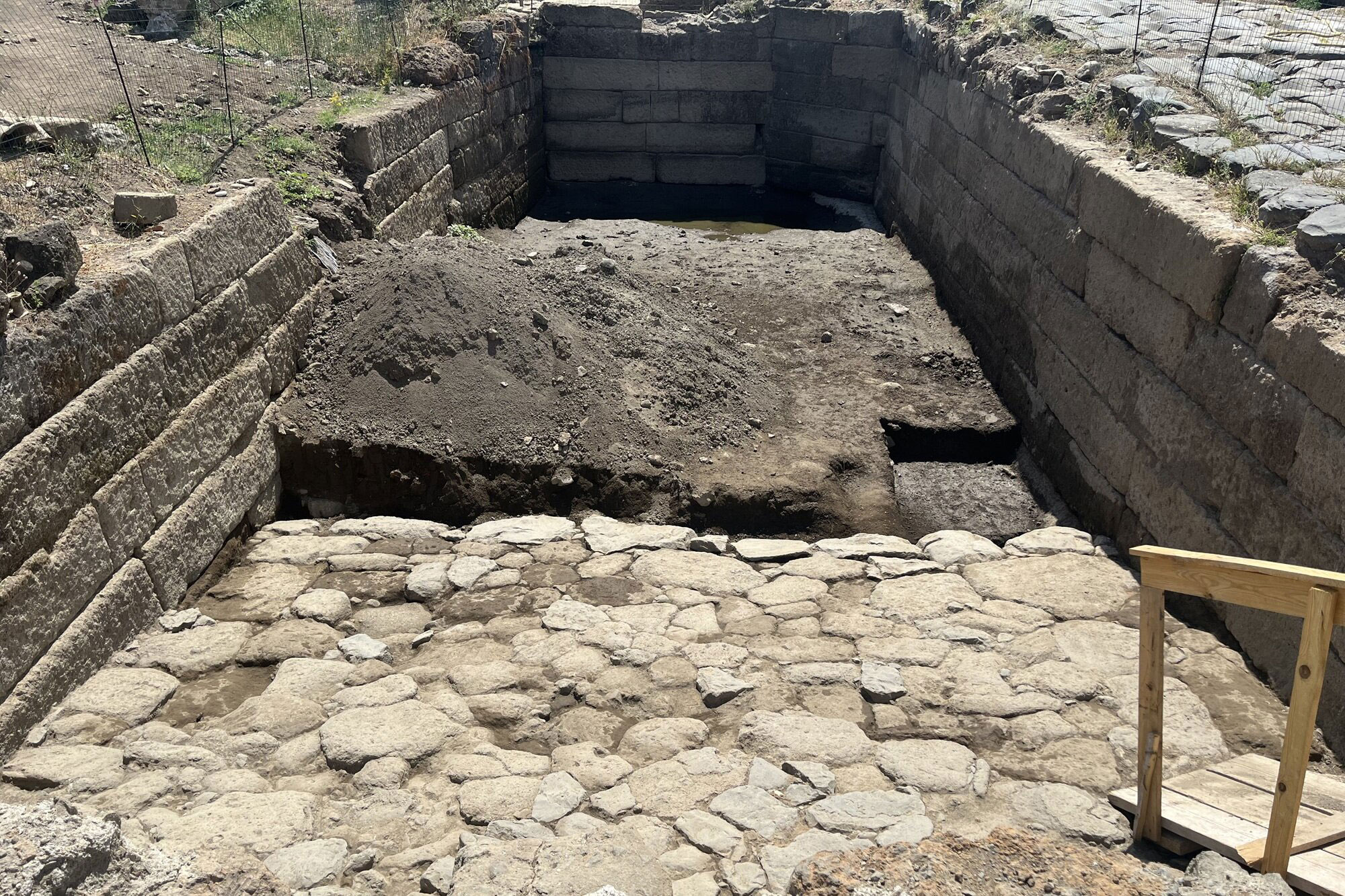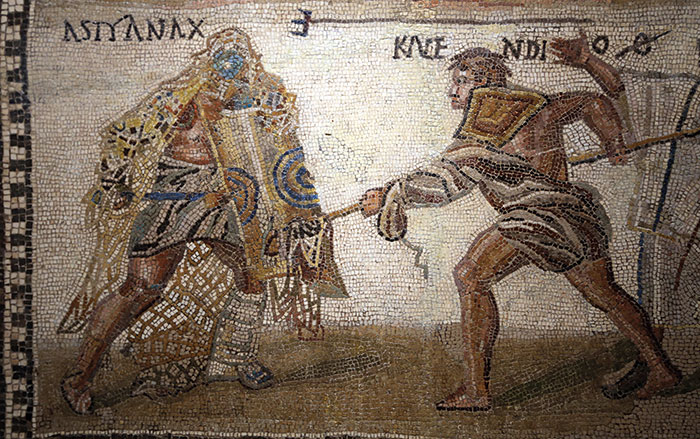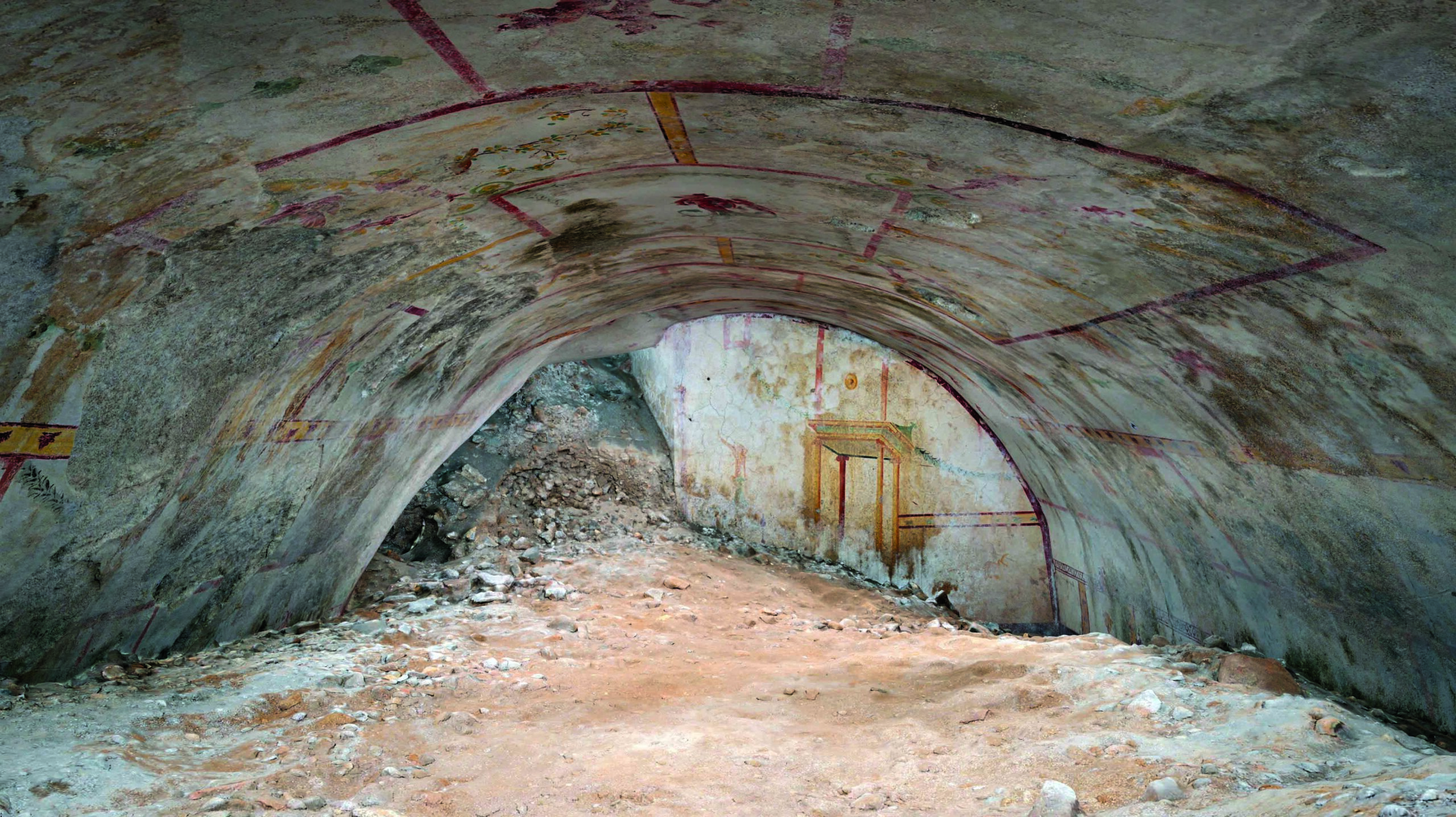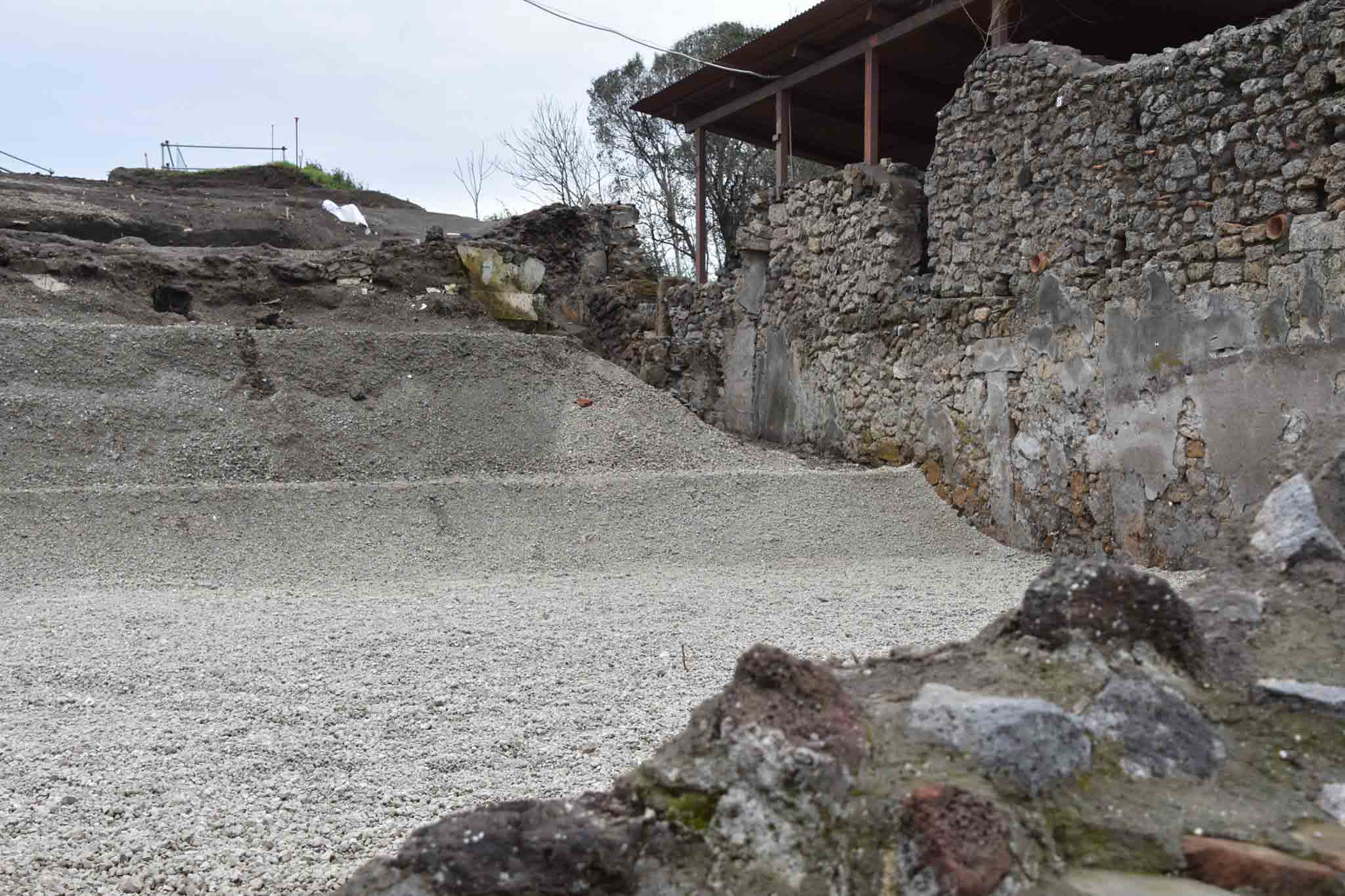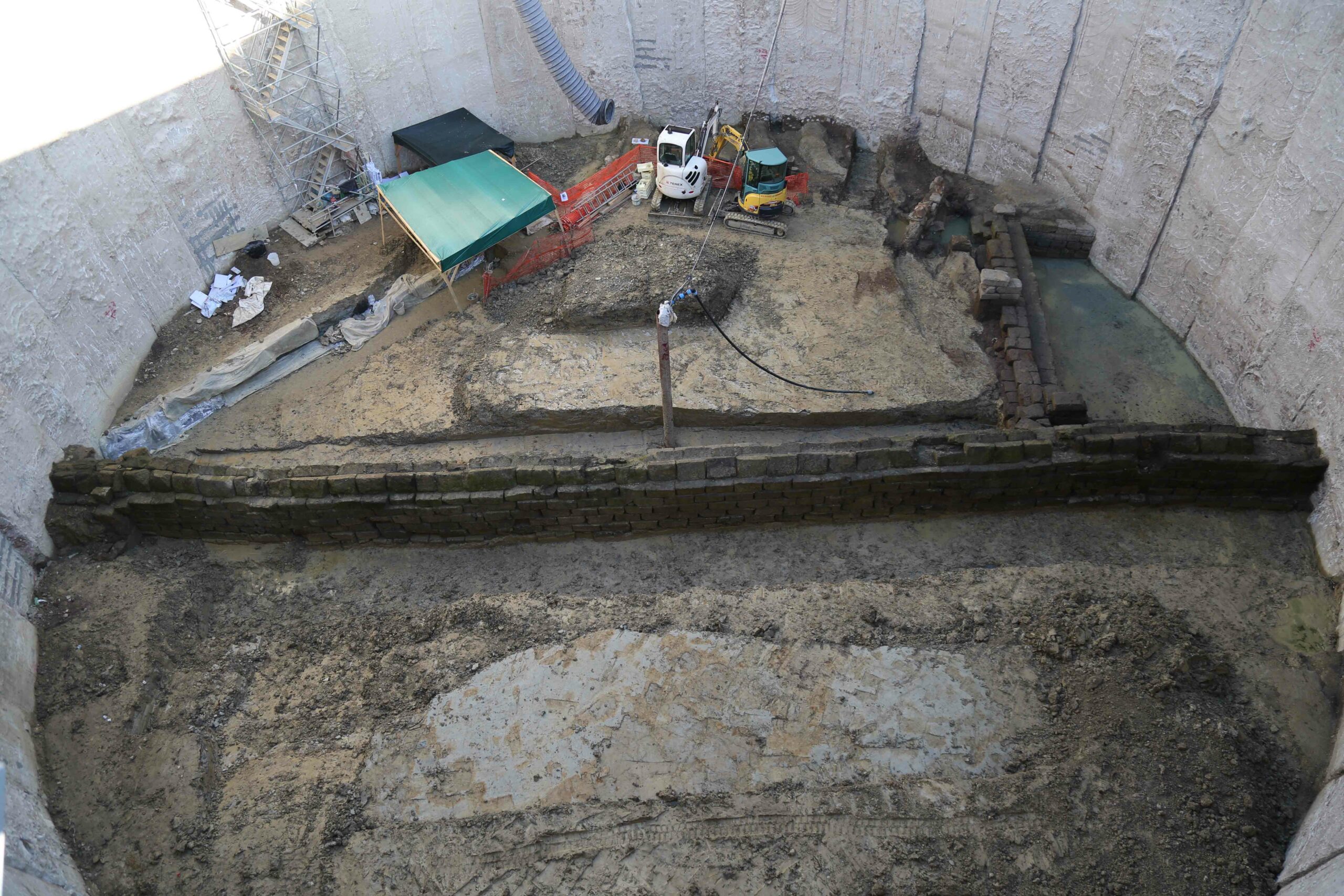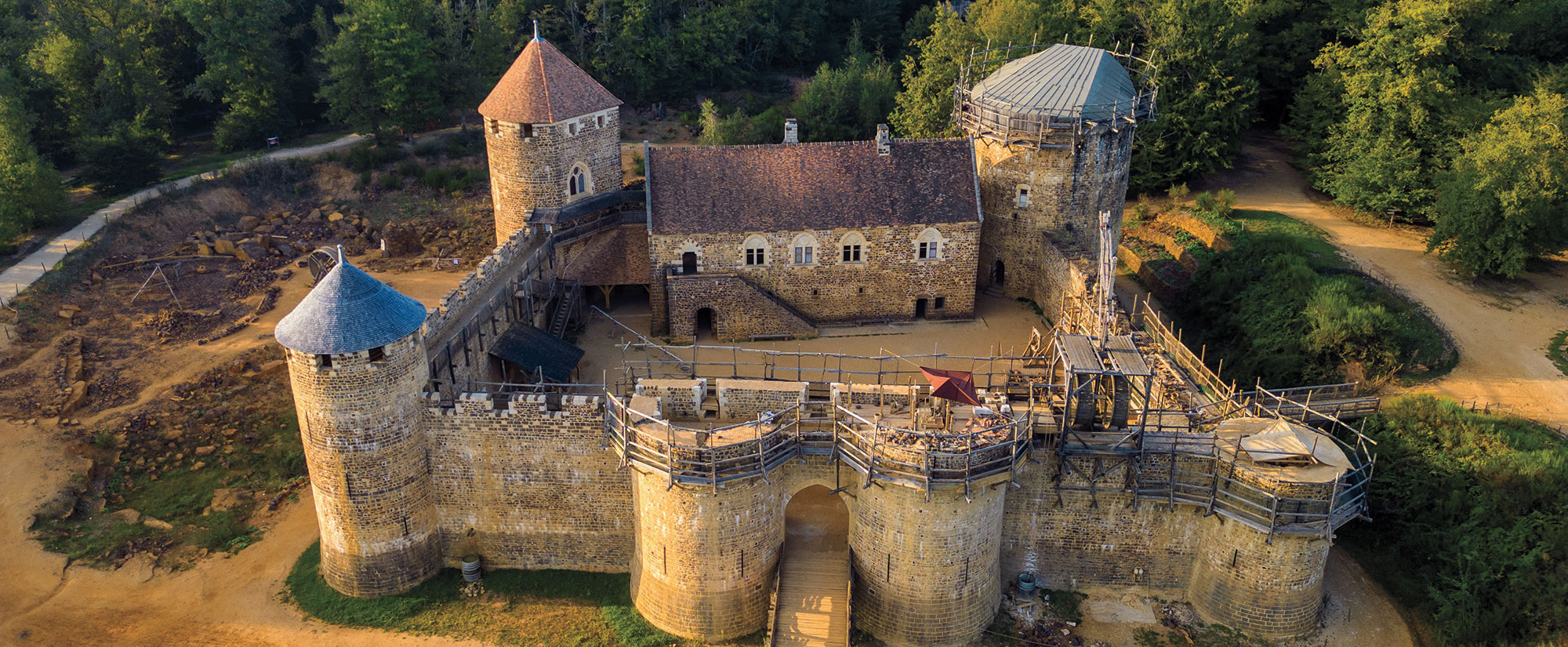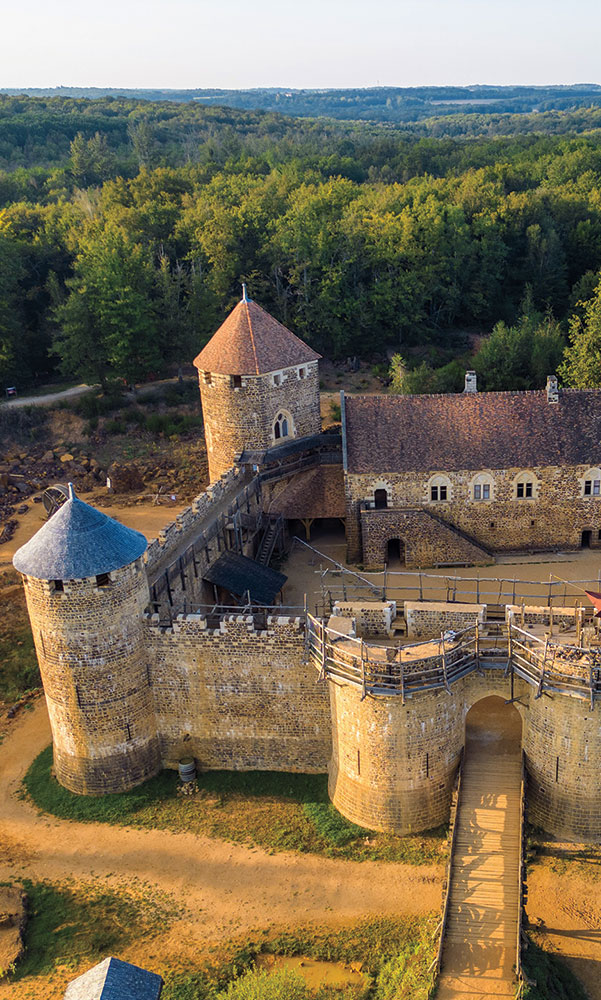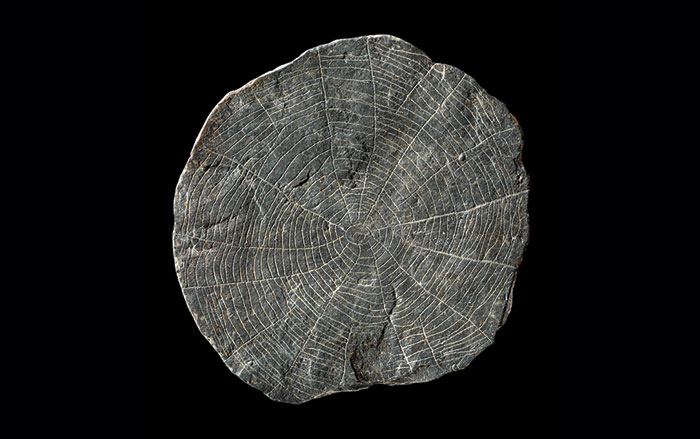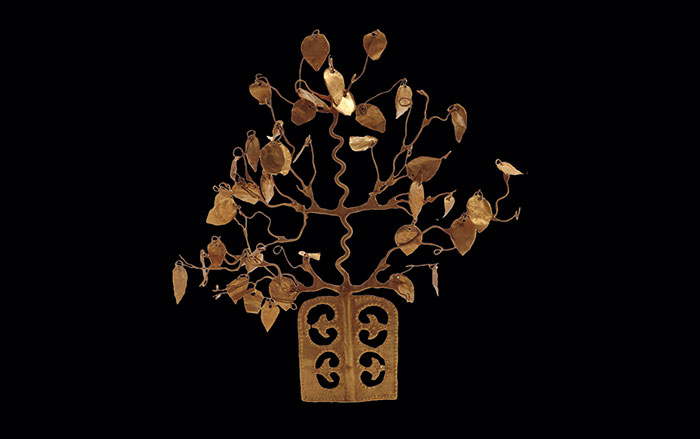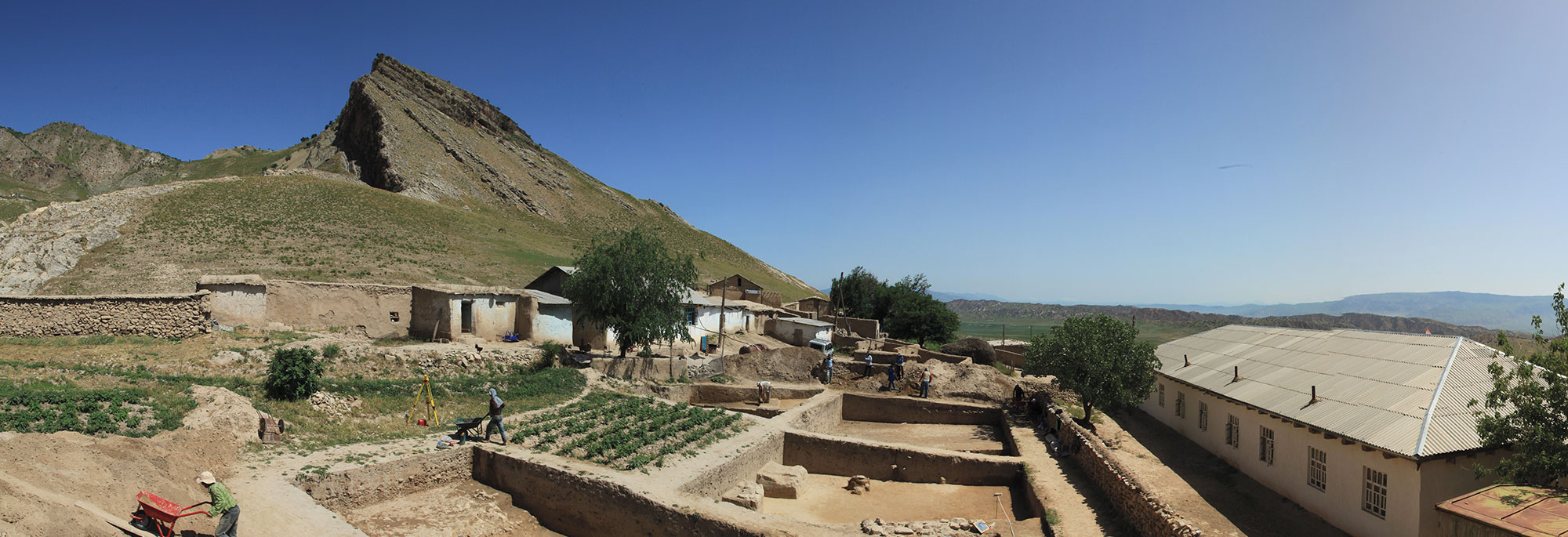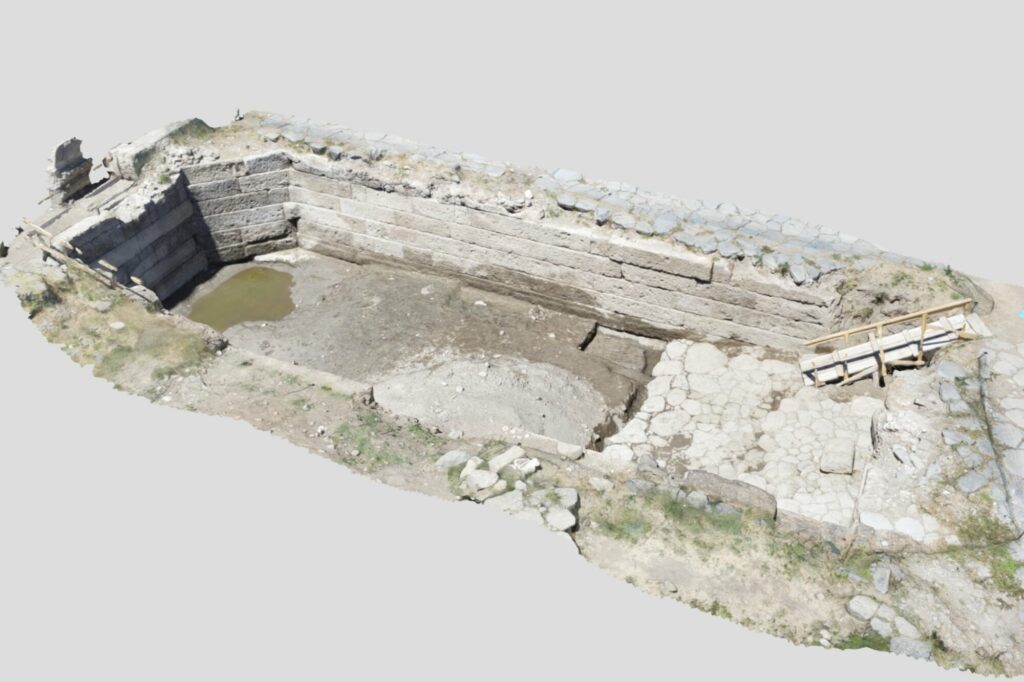
COLUMBIA, MISSOURI—According to a statement released by the University of Missouri, a massive stone-lined basin for holding water has been found in the ancient city of Gabii by a team of archaeologists led by Marcello Mogetta. Gabii was a powerful early rival of the city of Rome, which was located just 11 miles away. The basin had been carved into bedrock around 250 B.C., although parts of it may be older. “This discovery gives us a rare look at how the early Romans experimented with city planning,” Mogetta said. “Its location—at the center of the city near the main crossroads—suggests it may have been a monumental pool that was part of the city’s forum,” he added. A terraced complex carved into the slope of a volcanic crater has also been uncovered in Gabii. Mogetta explained that these structures in civil spaces were inspired by Greek architecture to reflect image and power as well as function. Thermal imaging scans of the area around the basin indicate that traces of a temple or another kind of large, civic building may remain. “If it’s a temple, it could help us explain some of the artifacts we’ve already found in the abandonment levels of the basin, such as intact vessels, lamps, perfume containers, and cups inscribed with unusual markings,” Mogetta said. The pool was ritually closed around A.D. 50, he concluded. To read more about Gabii, go to "Roman Buildings Grow Up."


